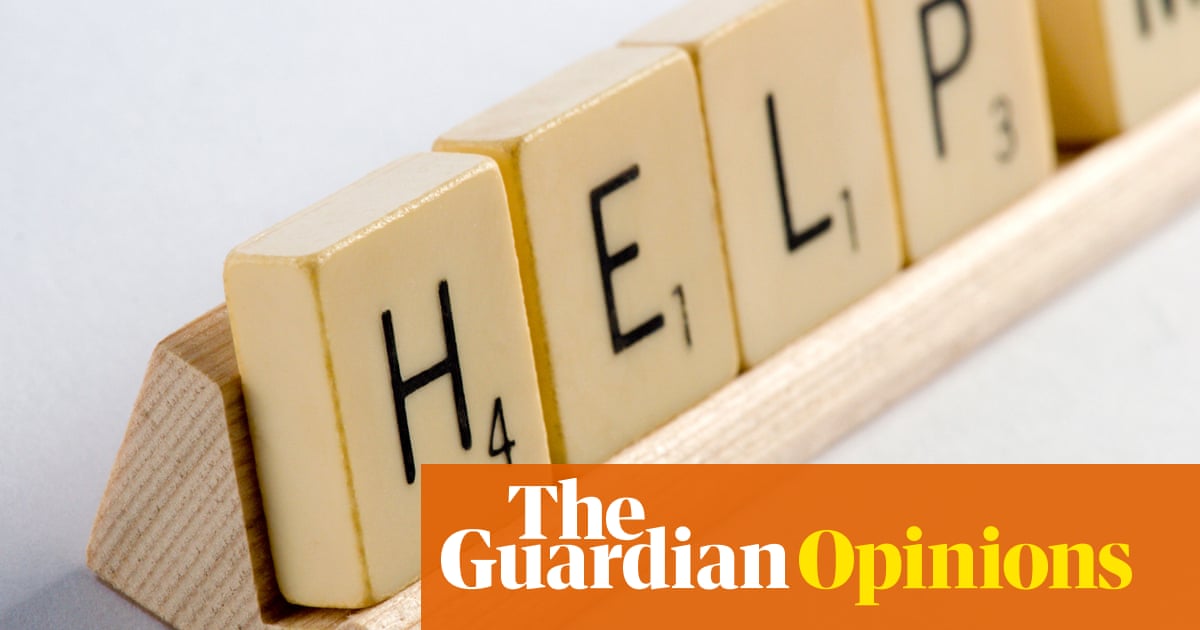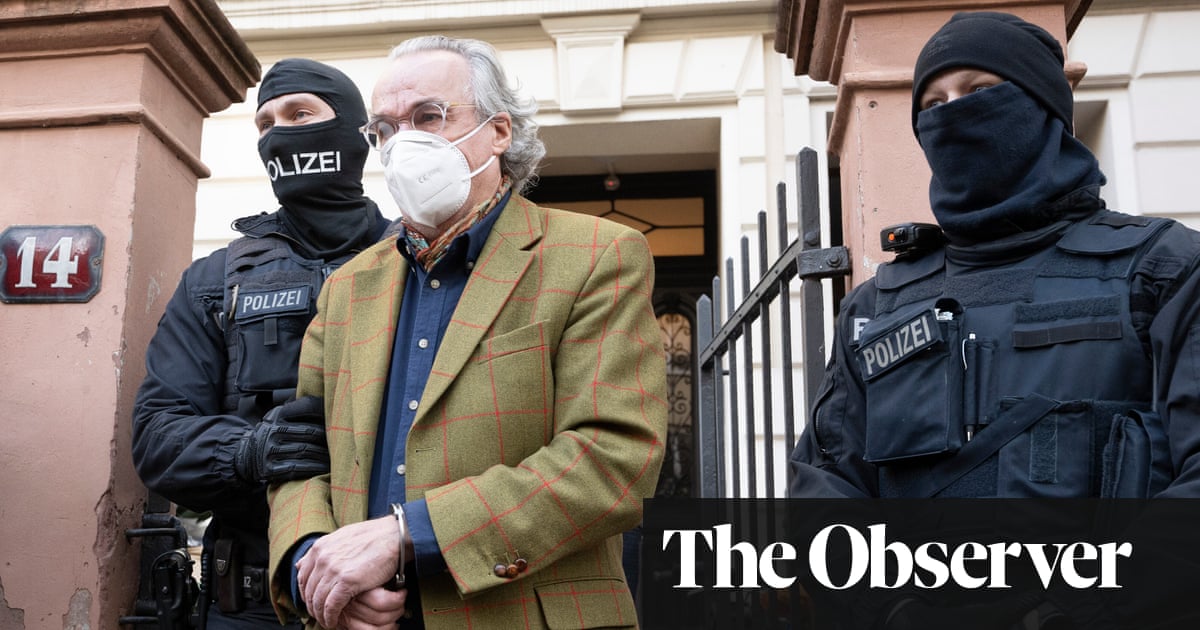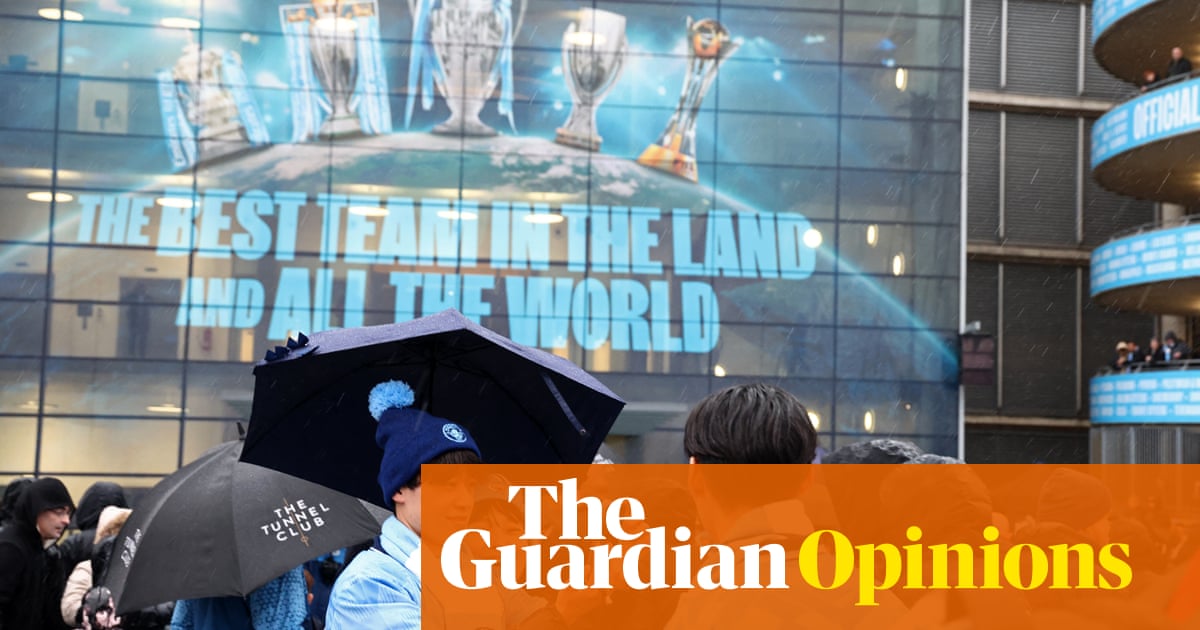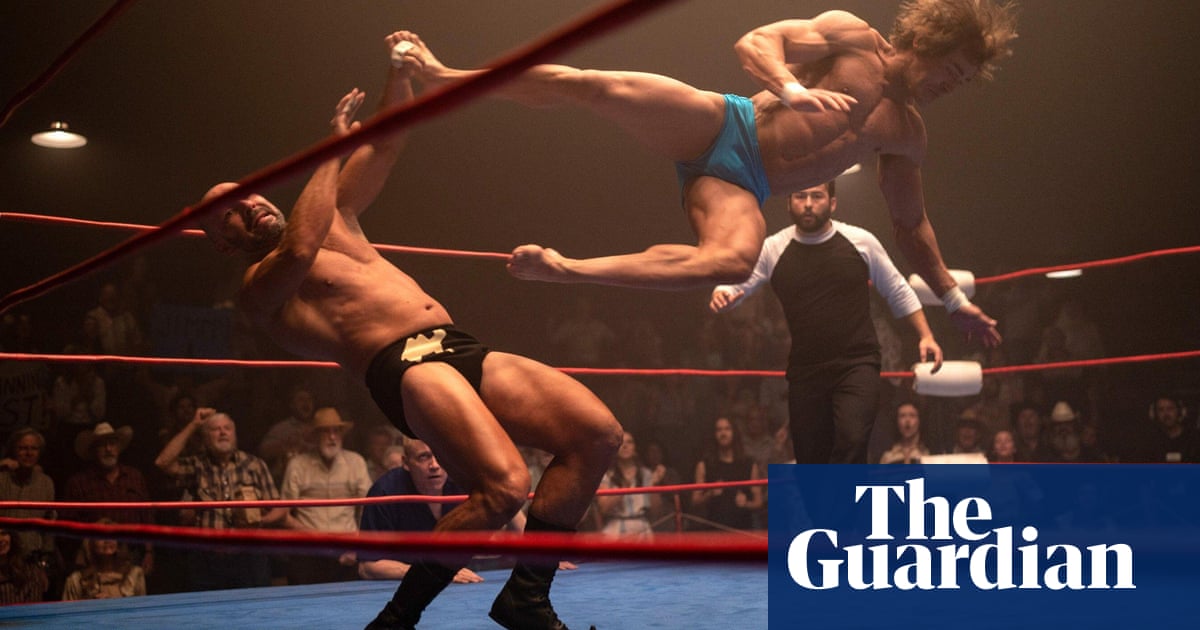
It’s “a terrible indictment of our education system”, “a sad, sad indictment of modern society” and a move that will mean “future generations will be deprived of their full potential”. This was the reaction of outraged commenters to the launch of a new edition of Scrabble called Scrabble Together.
Mattel’s update of the 75-year-old tile-laying word game includes a mode in which players collaborate to make words and score the most points as a team. Cards give players hints to help them find the best words. It’s intended to offer a less competitive, more accessible experience where players of differing ages and abilities can enjoy working on a puzzle together.
For some, however, this is the beginning of the rift in the lute – another omen presaging our slide from a nation of refined philosopher-kings and queens to “thick snowflakes”. No matter that the original Scrabble is not being replaced – the mere existence of a variant that might appeal to people who find the thought of memorising the 279,000-plus currently permissible words a little daunting is enough to convince some that the barbarians are at the gates.
It’s a weird hill to die on, particularly as Scrabble, since its inception in 1938 as Criss-Crosswords, has always been changing. Its core material, after all, is the English language. Neologisms like za – an abbreviation of pizza – and twerk are continually expanding the pool of legal words and enabling new plays. Scrabble Junior first appeared in 1958, when global literacy rates were about 42%. Today, they have somehow reached about 87%, despite what amounts to a transparent conspiracy by toy manufacturers to hamstring our youth’s intellectual development by making word games accessible and fun.
I’m sorry to report that this rash of dumbing down Scrabble from its pure, tournament form extends to my own house, where we regularly play with the full list of two-letter words open on the table. At the risk of libelling my own family, my mum and dad – whisper it – allow one another to consult the dictionary between turns.
Such wilful disregard for traditional Scrabble values has always been with us. The author CS Lewis regularly played huge, sprawling games with his wife Joy, where they would combine two sets of tiles and allow words in at least five languages, including Chaucerian English.
This anti-intellectual vandalism isn’t even limited to Earth. The astronaut Chris Hadfield is a lifelong Scrabble player – he reported that, on the International Space Station, they allowed one another so much time to take a turn that a single game might last months. The board was attached to the ceiling with Velcro, as were the letter tiles – lost tiles frequently turned up in the air filter.
Tournament-level Scrabble is an astonishing thing to behold. As an autistic author who has long read dictionaries for fun, I flatter myself that I have a reasonable vocabulary, but top Scrabble players are truly on another plane of existence. The mixture of memorisation, calculating hypergeometric probabilities based on tiles remaining in the bag, and tactics is awe-inspiring, and speaks of a deep game that – unlike Monopoly – deserves its classic status.
The real threat to Scrabble isn’t to do with inclusivity (anyone in 2024 who still equates challenges with spelling with being “thick” ought to be force fed Swarfega until they recant) but its remaining in the grip of two vast toy conglomerates – Hasbro in the US and Canada, and Mattel everywhere else. Before the industrial age, board games were common property, with all of us free to make and alter them. Now they are jealously guarded troves of licensable content.
After Mattel’s surprise hit with Barbie, how long before a Scrabble film hits our screens? Clue (based on the game known as Cluedo in the UK) came out in 1985, with Hasbro currently touting the rights for a remake. Battleship appeared in 2012; Monopoly is in development.
Netflix’s miniseries The Queen’s Gambit made chess glamorous and emotionally intelligible – but, crucially, the game itself is in the public domain and is not owned by anyone (a tie-in game was released that, brilliantly, wasn’t chess). I imagine the Scrabble movie starring a smouldering hyperlexical loner who knows that “qapik” is a form of currency in Azerbaijan but can’t find the words to tell the girl of his dreams that he loves her. Cue obligatory scene where they spell increasingly suggestive words (“smooch”, “bottom”, etc) over a game in a coffee shop.
Scrabble’s US manufacturer, Hasbro, announced more than 1,000 layoffs just before Christmas last year, while continuing to wring profits from a brand whose designer, Alfred Mosher Butts, died three decades ago. The destructive results of letting someone get rich by squatting on property is, ironically, the lesson Monopoly was originally designed to illustrate. Yet, after 75 years, Scrabble isn’t public domain? Frankly, I have no words.
Tim Clare is a columnist for Tabletop Gaming magazine. His book The Game Changers: How Playing Games Changed the World and Can Change You Too will be published in November












